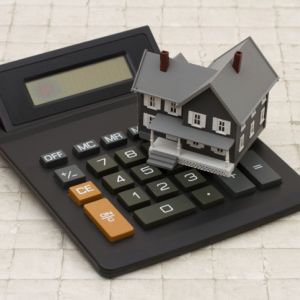The mantra repeatedly used when you are thinking about buying a home: You need a 20 percent down payment. This percentage has been carefully drafted by the magical industry gods and is what most go by, right? However, people are beginning to question the accuracy, given today’s economy and overall industry. Understanding how down payments might affect the overall cost of owning a home is essential when deciding if a 20 percent down payment is right for you.
Down Payments 101
A down payment is the amount of money you will spend up front when purchasing your house and it is one of the biggest roadblocks for most homebuyers. Curating a large down payment can be tough and formidable. But there’s good news – different options are available!
The ideal down payment amount will be different for prospective home owners, contingent on their economic situation. For example, a homeowner with a large amount of money saved with a lower income might look at a larger down payment because this would reduce their monthly home payments. On the other hand, a potential homeowner with a high household income and smaller savings might opt for a low- or no- down payment loan option.
Reasons to Pay Less Than 20% on a Down Payment
So where do you fall? First, you need to find out if the benefits of paying less align with your situation. Below are a few reasons people choose to spend less than 20 percent on a down payment:
- Savings are minimal. While you may be able to pay the monthly mortgage costs, not every homeowner has a large sum of money set aside exclusively for a down payment. In these scenarios, opting for a down payment less than 20% could be worth it
- You don’t see this home in your long-term future. Buying a home and thinking short term can be risky, and applying a 20 percent down payment could drain your savings account.
- You have access to zero down payment programs. You may be able to access lower down payment programs if you are a retired service member or if you are looking to live in a rural area. Therefore, it’s beneficial to research and apply for different programs and categories.
Downsides of a Lower Down Payment
A homeowner should also assess the disadvantages to a lower down payment to determine how it could affect their status. Below are some drawbacks:
- You are likely limiting your mortgage eligibility.
- You could be looking at mortgage insurance premiums.
- Interest rates and closing rates will be higher.
How Should You Decide?
To determine the optimal down payment amount for you, consider these following questions:
- What is your credit score?
- Do you have access to payment programs (i.e. The Department of Veterans Affairs)?
- How much do you have saved?
- How much are you currently making?
- What are the cost differences when you play around with the down payment amount, when it comes to monthly mortgage rates, closing costs, etc.?
- How long will you see yourself in this home?
The bottom line: make sure to explore your options and select a down payment that best fits your economic situation and long-term goals when it comes to owning a home. A homeowner now has different options that shouldn’t be overshadowed by the conventional loan the industry is saturated with.

